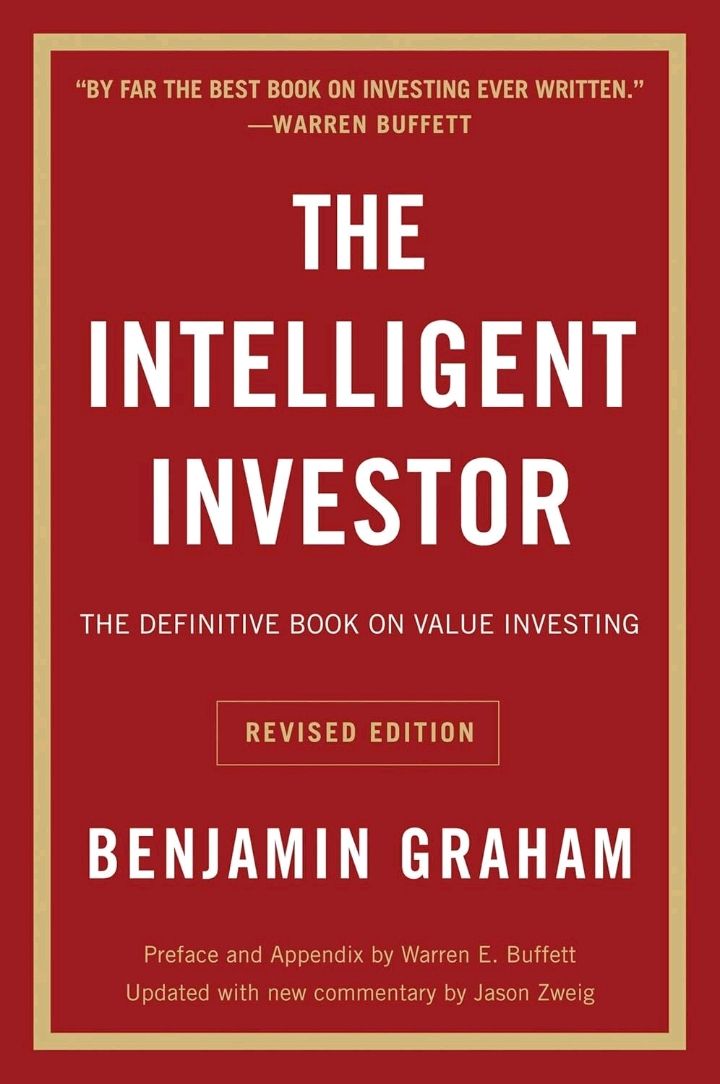Audio available in app
Understand the importance of risk management from "summary" of The Smartest Investment Book You'll Ever Read by Daniel R. Solin
Risk management is a critical aspect of successful investing. It involves understanding the various risks associated with different types of investments and taking steps to mitigate those risks. When you invest, you are essentially putting your money at risk in the hopes of earning a return. However, not all investments are created equal, and some carry more risk than others. By understanding the importance of risk management, you can make more informed decisions about where to put your money. One of the key principles of risk management is diversification. Diversification involves spreading your investments across a variety of asset classes, industries, and regions to reduce the impact of any one investment on your overall portfolio. By diversifying, you can help protect yourself from the risk of a single investment performing poorly. This strategy can help you achieve a more stable and consistent return over time. Another important aspect of risk management is understanding your own risk tolerance. Everyone has a different comfort level when it comes to taking risks with their money. Some people are willing to take on more risk in exchange for the potential for higher returns, while others prefer a more conservative approach. By understanding your own risk tolerance, you can tailor your investment strategy to align with your goals and preferences. In addition to diversification and risk tolerance, it's also essential to consider the risk-return tradeoff. In general, investments that offer the potential for higher returns also come with higher risks. It's crucial to strike a balance between risk and return that aligns with your investment objectives. By carefully evaluating the risks associated with different investments, you can make more informed decisions that are in line with your financial goals.- Understanding the importance of risk management can help you build a more resilient investment portfolio. By diversifying your investments, considering your risk tolerance, and evaluating the risk-return tradeoff, you can better position yourself for long-term success in the market. While investing always carries some level of risk, being proactive about managing that risk can help you navigate the ups and downs of the market with confidence.
Similar Posts
Invest in your own education
In the ancient city of Babylon, there lived a wealthy man named Arkad who was known as the richest man in the city. Despite his...

Seek out undervalued opportunities in the market
The intelligent investor is always on the lookout for opportunities that are being undervalued in the market. This means lookin...
Stay humble in your success as an investor
One key principle that successful investors emphasize is the importance of maintaining humility even in the face of success. Th...
Embracing uncertainty is part of being a contrarian investor
Contrarian investors understand that uncertainty is an inherent part of the investing process. Instead of being intimidated by ...
Value investing focuses on buying undervalued assets for longterm gain
Value investing is a strategy that revolves around the idea of purchasing assets that are trading below their intrinsic value. ...
Know your financial goals
Understanding your financial goals is crucial to making smart decisions with your money. It's not enough to just vaguely think ...

Stay humble and continue to learn as an investor
The concept of humility and continuous learning is crucial for investors, as emphasized in the timeless wisdom of 'The Intellig...
Millionaires are frugal and budgetconscious
Millionaires are frugal and budget-conscious individuals who understand the value of money and prioritize long-term financial s...
Focus on companies with strong cash flow
When it comes to investing in stocks, it's important to pay attention to certain key factors that can indicate a company's fina...
Differentiate assets from liabilities
To become financially successful, one must first understand the difference between assets and liabilities. Assets are things th...

